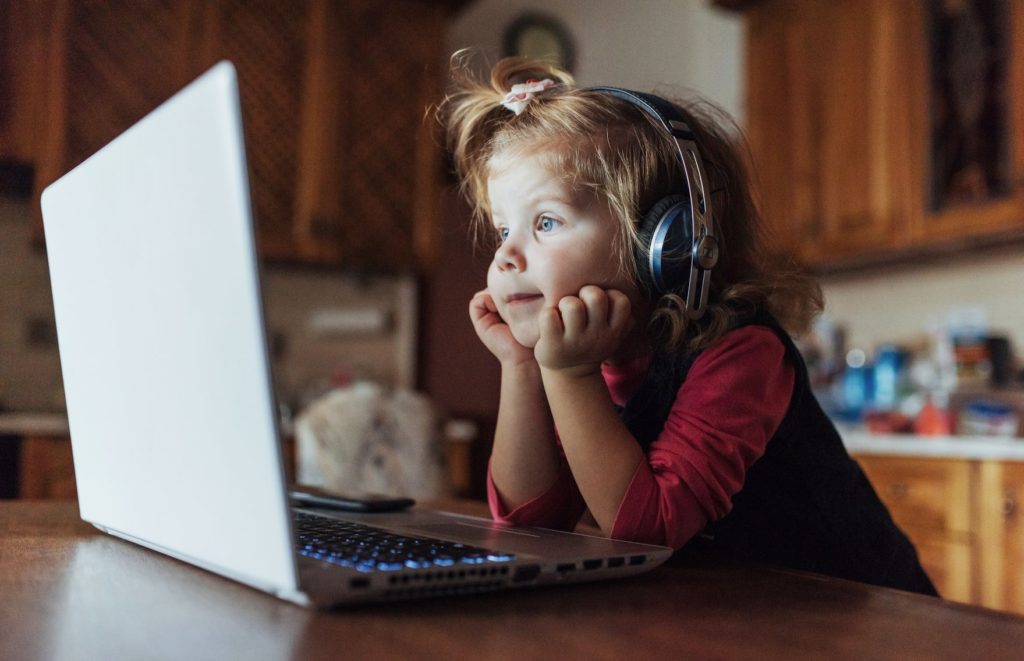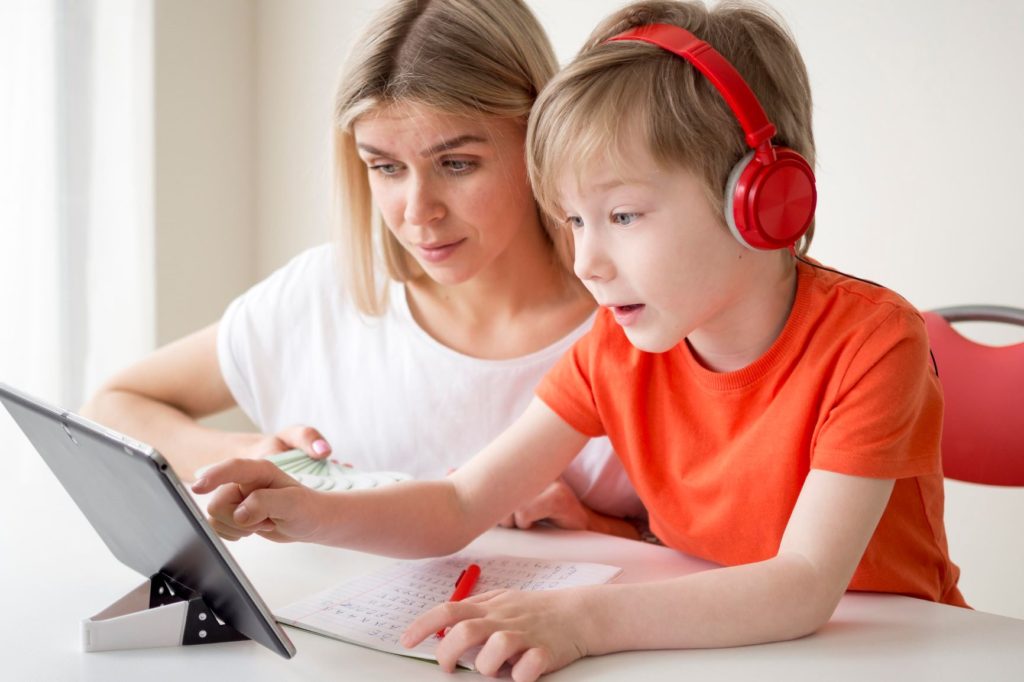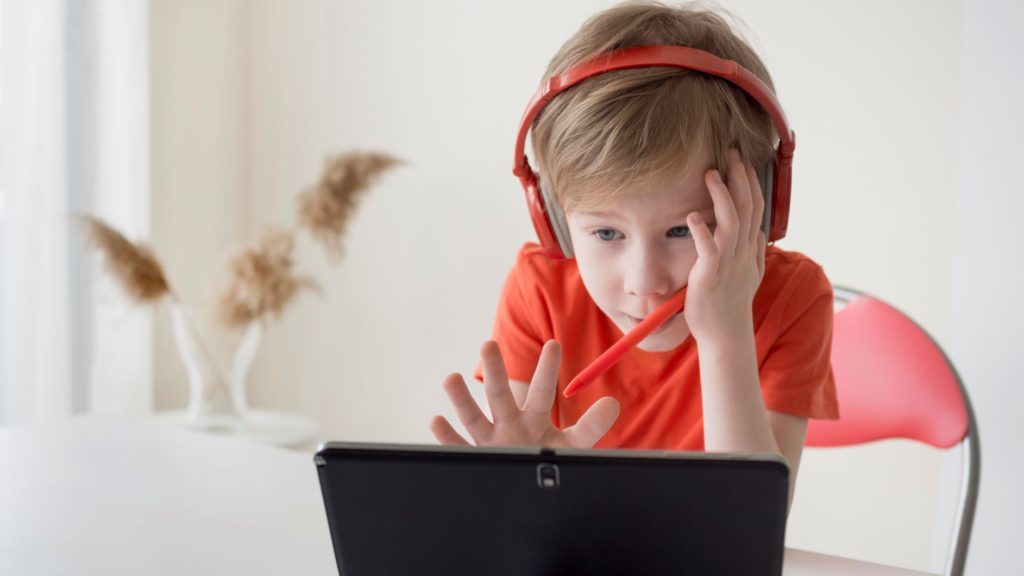The parents behind the screen. The challenges of virtual learning

The current pandemic is forcing global experimentation with the way we do everything. The way we work, do social celebrations, visit the doctor, and most importantly, the way we learn. Keeping kids engaged and focused in online classes can be a struggle. To some parents even to the extent that Zoom kindergarten might be worse than no school at all. So how do parents keep their young, energetic children with short attention spans focused in a virtual school setting?
So far, virtual learning has been a little bit of a learning curve. Everyone involved from students, teachers, parents, and even grandparents that have volunteered to help. Teachers are getting creative to engage the students. Parents are looking for silver linings as we dig into this new norm, working, parenting, and now teaching from home. Parents are now on the front line of their children’s learning as technical assistants and home-school instructors.

When the classroom is the dining room
While having the kids learning from home, we can better see where our kids excel the most. We can identify what motivates them, where they struggle, and how they cope with setbacks. Never before have we seen so clearly who our kids are as students. For some, remote learning has revealed dramatic gaps in skills that went unnoticed when school was in-person instructed. Other kids have thrived outside the classroom, learning at their own pace, focusing without distractions, and chasing their curiosity.
Personally, I was not ready for how hard it was going to be to get my son to focus and stay engaged. His immediate go-to was either “I don’t want to do it” or “I’m bored and tired” even before the Zoom starts or an activity began. What feels like it should be a fairly quick exercise of adding numbers or practicing sight words turns into a battle of the mental and physical wriggles. Where we both end up exhausted at the end of the day.

I’ve learned that anything that requires focus and attention is unfathomable to my son. Instead, I have to follow his wild, free-flowing thoughts, ideas, and stories to keep him engaged. I am lucky if we can get him to participate in a Zoom class at all. Like every young child, needs constant supervision, and it is still learning to the new virtual class etiquette and environment. He had no prior experience of muting himself. He is learning to wait his turn to speak and to sit through a lesson without whining or interrupting. Perhaps, this was a good time for him to learn those valuable skills.

Even though Zoom classrooms would not replicate a typical classroom, virtual learning might be neutral or even good, for most kids. I know that teachers are giving their all to put these plans in place. Although it’s no one’s favorite way to teach or learn. Nonetheless, and regardless of the limitations, when I am behind the screen during his classes, I have witnessed growth in important habits and skills that he can use when he’s back to school again. I know that this growth likely won’t be reflected on his report card, but if remote learning continues, these insights will be precious to both me and his new teacher. We collectively know better how to reach him best. We will both have a better understanding of what the kids are passionate about, where they are making progress, and what concerns us most.
The masters in multitasking
Everyone’s experiences during this unprecedented time are unique and everyone is doing the best they can. The parents behind the screens have been masters in multitasking with some many things. Managing virtual kindergarten, ensuring that older children are on track with their virtual learning activities, keeping the younger siblings occupied, handling a full-time job, and taking care of meals and house chores. Most of these tasks sometimes even without some form of child care.
However, as parents, we also need to be assessing the state of our children’s social-emotional health and providing opportunities for social-emotional learning and growth through this difficult time. Ask them about their feelings and frustrations. Reassure your child that it will not always be like this — learning will return to normal.
They will rejoin the brick and mortar classrooms and have an appreciation for in-person schooling like never before! Reassure children that all of these challenges, while extremely frustrating, are helping them to become resilient. That with each unique difficulty, they’re learning patience, problem-solving skills, grit, determination, creativity, and responsibility. Reset the vibe in the room when things get emotional. It is OK (and necessary) to take a break and step away from the screen from time to time. Discuss their feelings with them. Help them develop the skills that will set them up for success when they get to resume in-person school.

